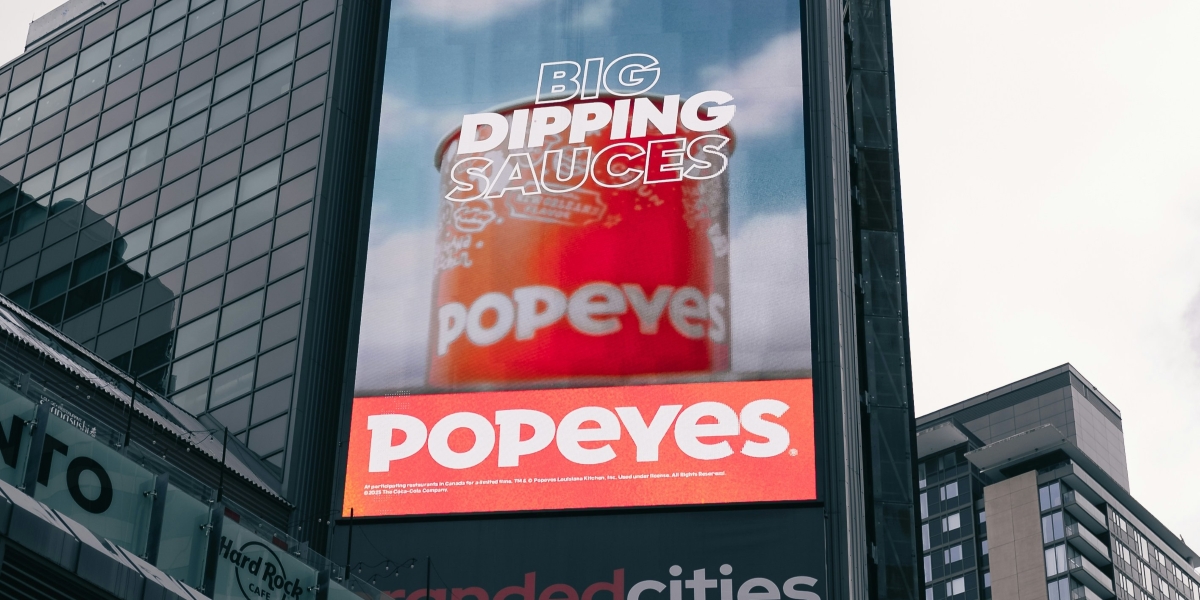By: Tom White
Could a large swath of Florida’s eastern seaboard be on the brink of becoming a gator-infested version of the French Riviera?
Maybe. CNBC recently shared the news that a group of Florida developers are planning to pour $2 billion into a land development project they say will help transform Fort Lauderdale into a “mini Monaco.”
Related Group, together with Tate Capital and Rok Acquisitions, plan to reconfigure Bahia Mar — the fabled yacht marina that helped put Fort Lauderdale on the map in the 1960s — transforming it into a high-end resort occupying nearly 40 acres and offering two 23-story condo highrises with 160 units in addition to an opulent 200-room hotel that will replace the DoubleTree hotel that now occupies the land.
“Fort Lauderdale — and South Florida in general — has been waiting for a true destination that has a Monaco-like feel,” Nick Perez, president of the condominium division for Related Group, tells CNBC. “We have the deep water marina, we have the restaurants, but we don’t have this five-star resort that encompasses everything. So this is kind of what the market has been missing.”
The Bahia Mar’s new “Monaco-like feel” will also include 88,000 square feet of waterfront commercial space, restaurants, luxury boat and yacht docks, a 25-foot-wide pedestrian promenade, and a public park.
Susan Lindeque, CEO of Avestix Group, a Jupiter, Florida investment firm that specializes in commercial real estate, is not surprised to hear about Perez’s plans to erect an eastern Florida luxury getaway destination.
“For years, developers have wanted to refurbish the Bahia Mar property, which is currently owned by the city of Fort Lauderdale,” she says. “Those efforts have been met with local opposition for a variety of reasons. Now, it appears that the local economy has improved enough to make the proposed renovations more attractive.”
She notes that all three countries that make up Florida’s southern seaboard — Miami-Dade, Broward and West Palm Beach — have rebounded nicely since the dark days of Covid. Indeed, Miami-Dade County was the top-performing hotel market in the U.S. last spring.
“Recent data confirms that occupation rates for hotels and resorts in the area are above the national average, and the post-COVID recovery has been strong,” Lindeque says. “The positive economic signs developers are seeing in Fort Lauderdale mirror what we’re seeing here in Palm Beach County.”
But Lindeque says it’s important that the proposed Fort Lauderdale resort will not only offer visitors temporary luxury. Plans also call for the construction of 320 condominiums that are intended to appeal to permanent residents.
“People want to live here,” she says. “In 2024, Florida became the second most populated state in the country. Nearly 375,000 people move here every year. People want to take advantage of the low taxes, great weather and businesses in the area. Where once Florida was associated with retirement living, it has now become a location that appeals to all generations.”
Lindeque isn’t the only one who seems certain that people are eager to move to The Sunshine State. According to Gay Cororaton, chief economist for the Miami Realtor’s Association, single-family home sales in Southeast Florida are projected to grow by as much as 10 percent next year if interest rates cooperate.
In a press release, Cororaton added that high-end condominiums — such as the ones planned for Bahia Mar — are increasingly drawing cash buyers, a phenomenon she says accounted for more than 70 percent of condo sales in Miami-Dade, Broward and Palm Beach Counties in 2019.
The spike in sales for both single-family homes and high-end condos comes as no surprise to Lindeque.
“Industries like manufacturing, healthcare, construction, real estate, and financial services are all firmly established in Southeast Florida,” she says. “Naturally, they serve as a magnet that draws new Floridians from across the economic spectrum.”
Published by Nicholas A.








